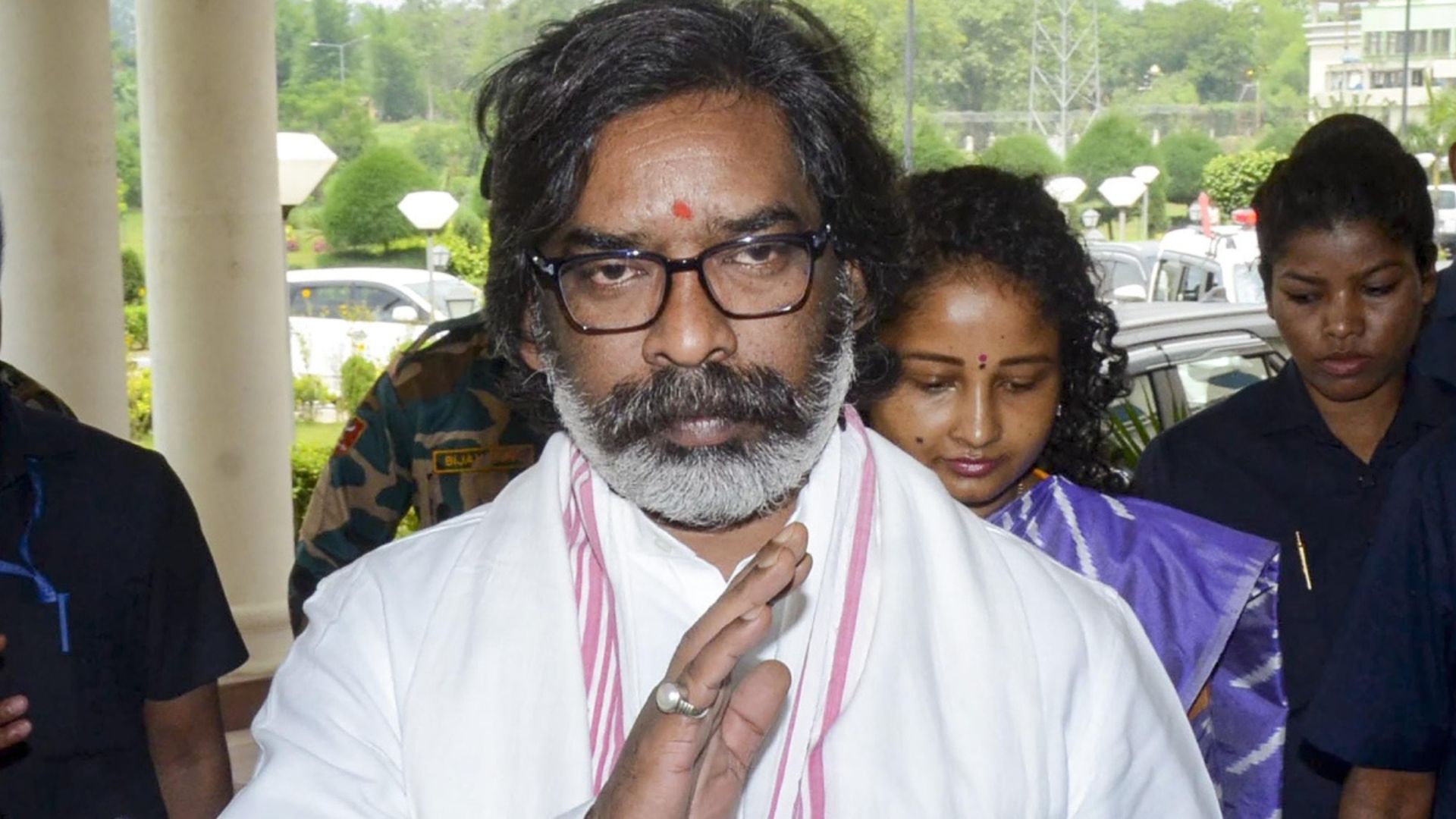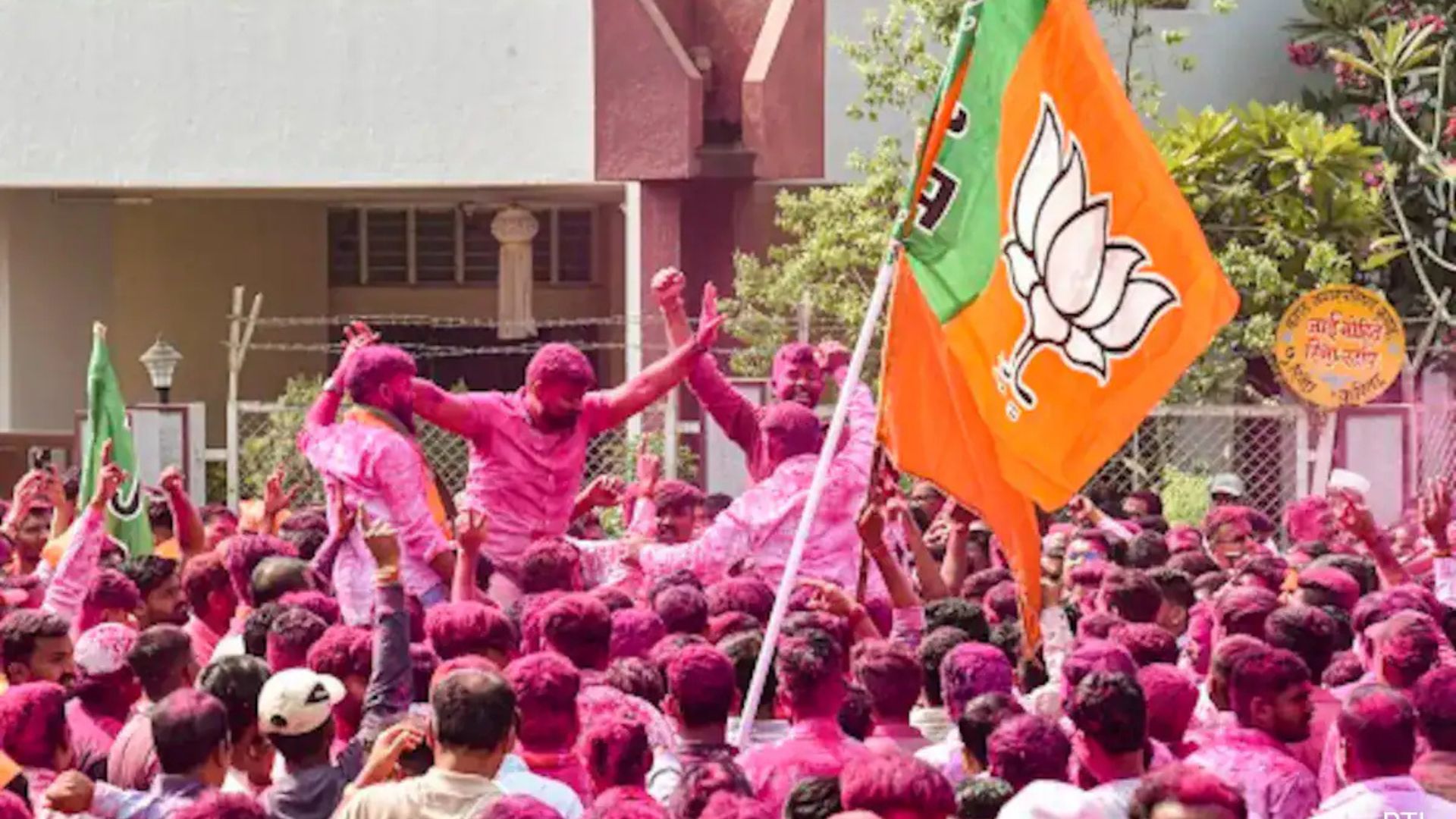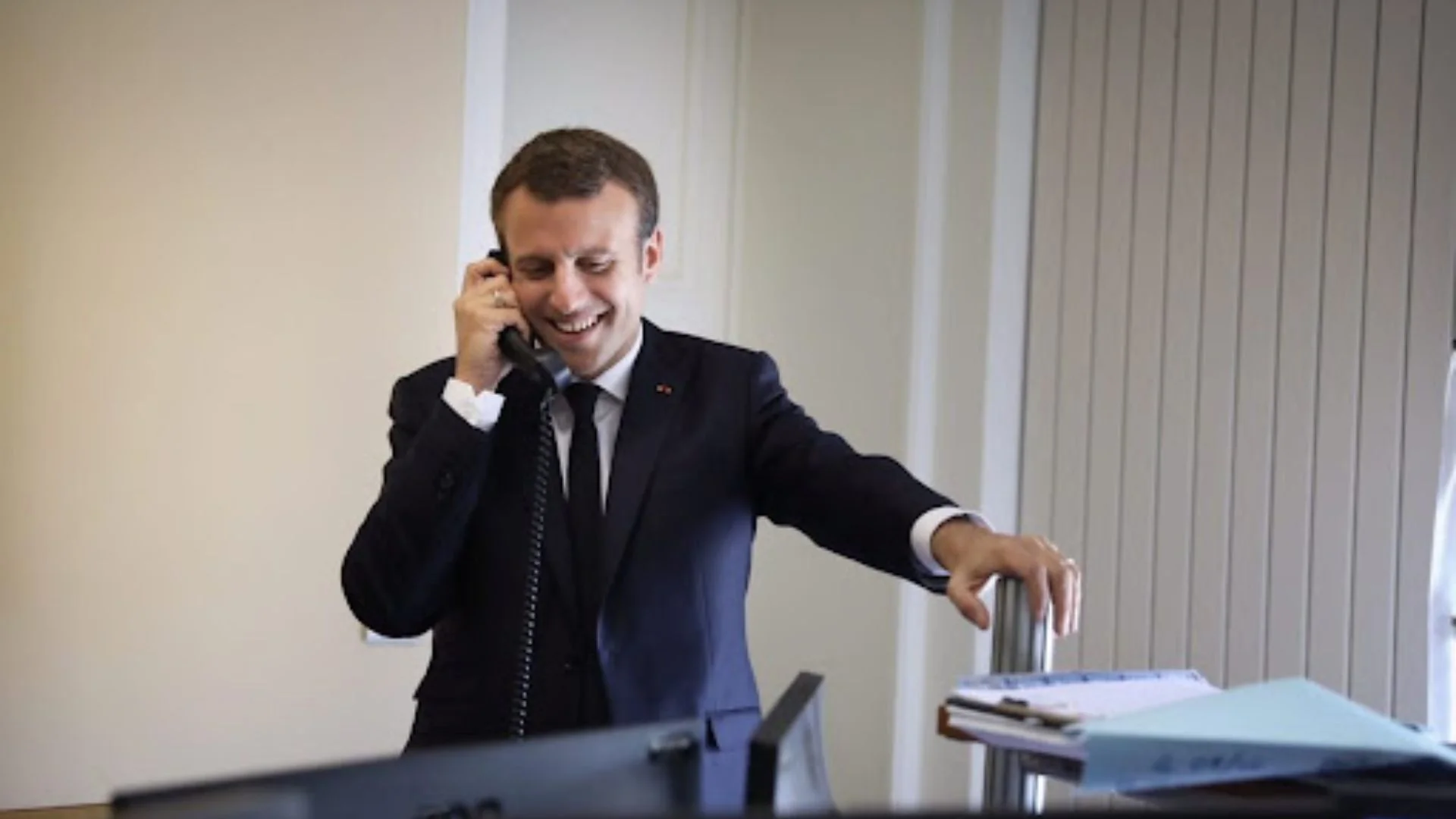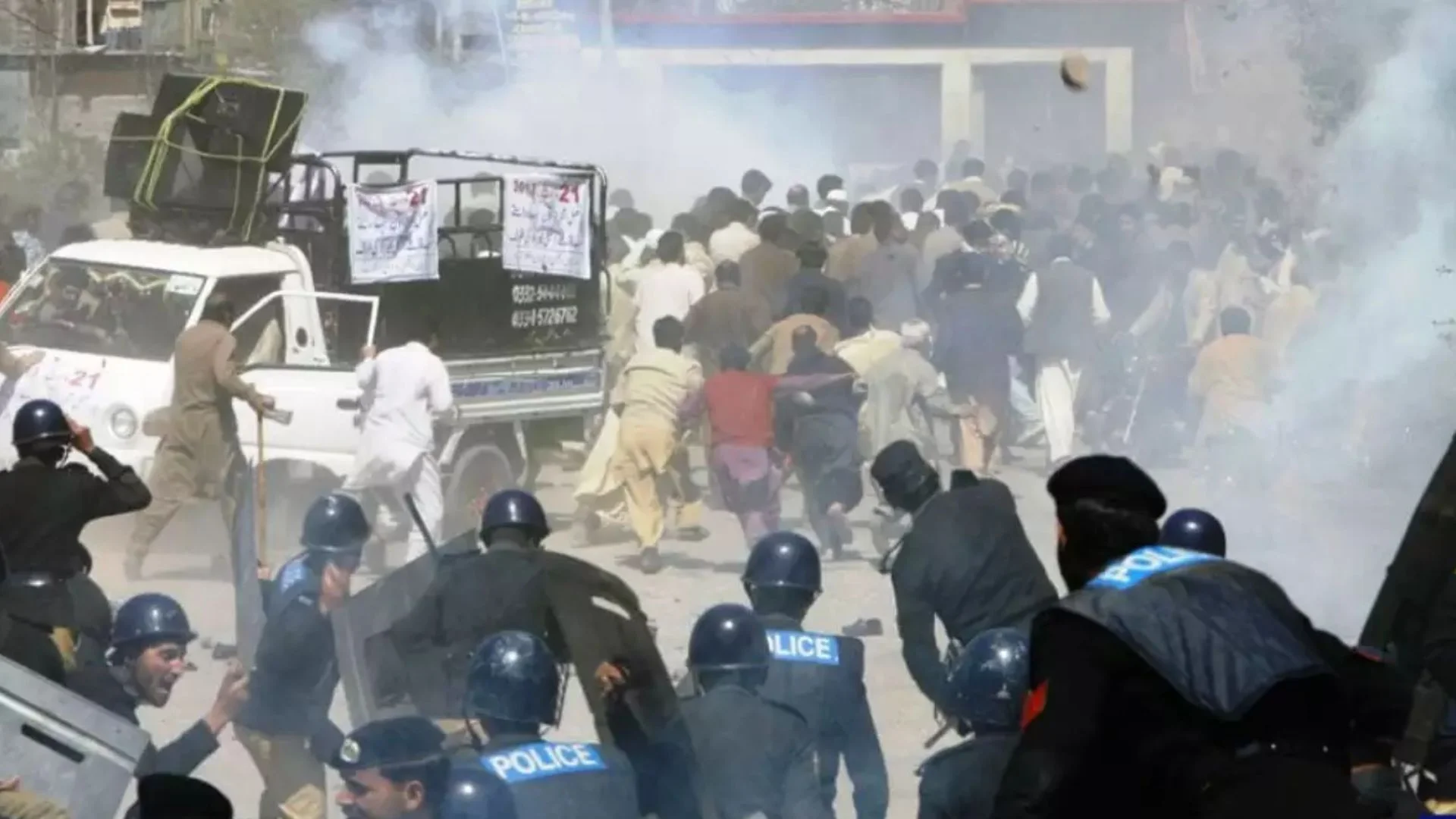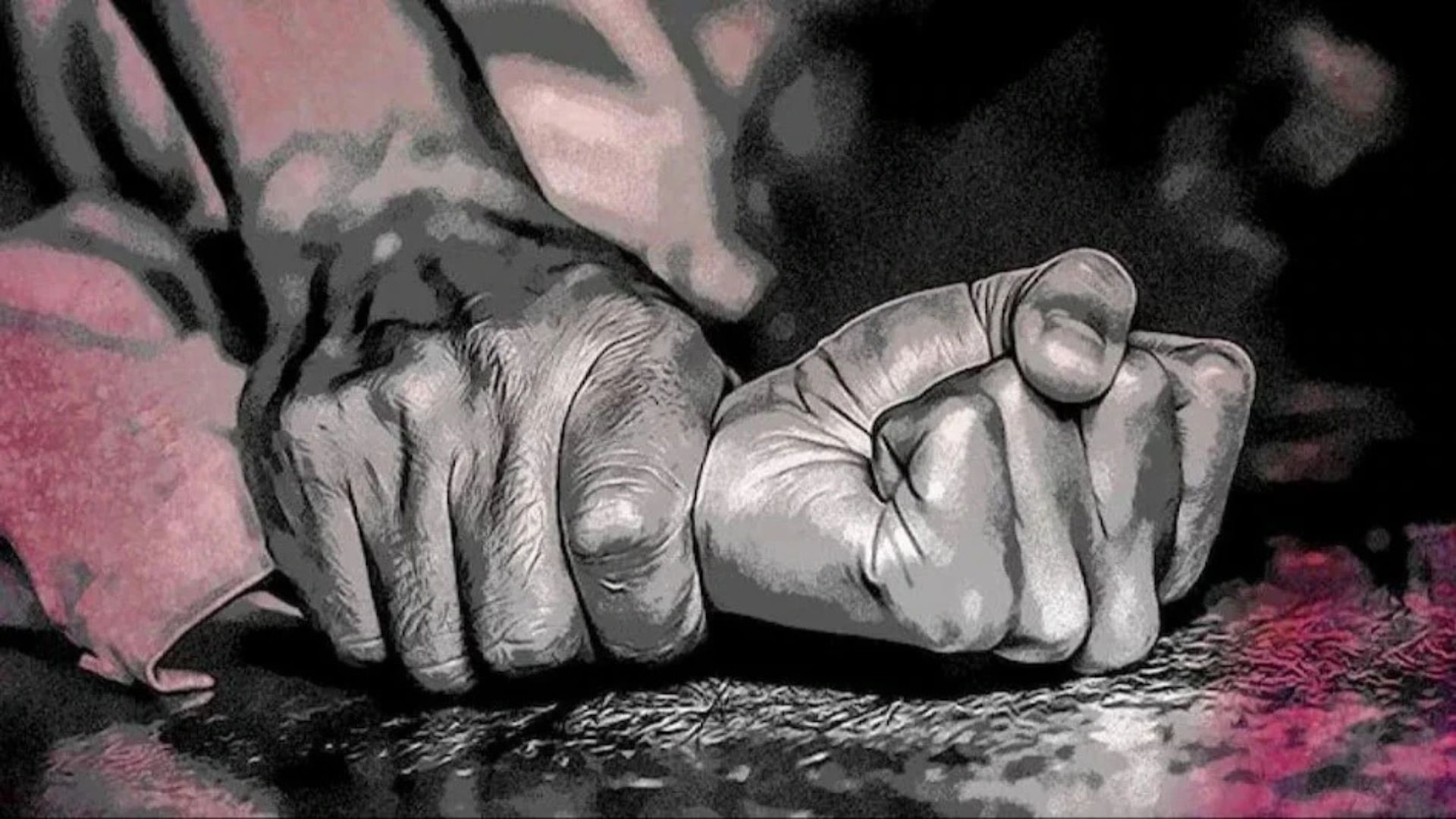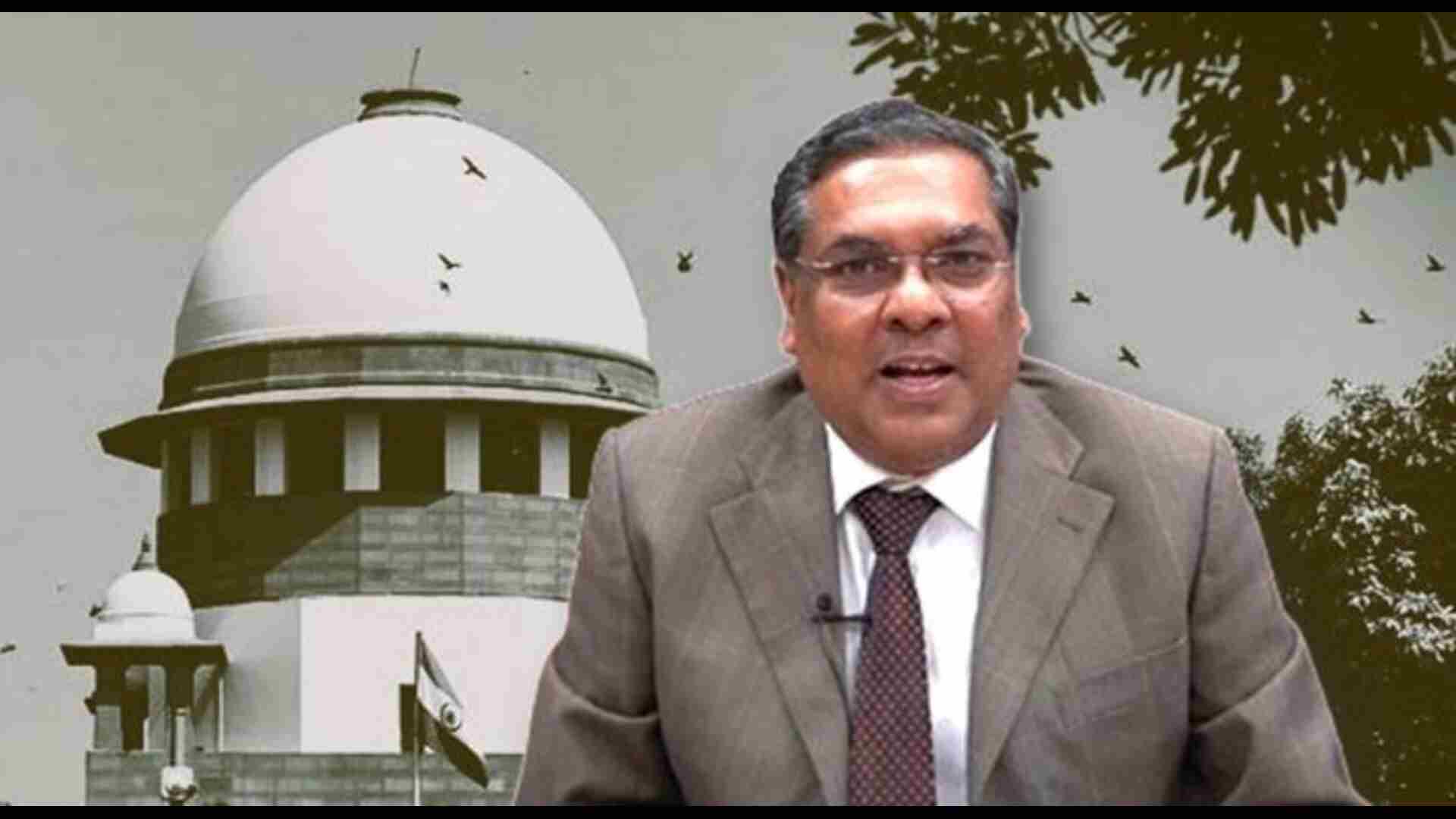
Justice Sanjiv Khanna is set to be sworn in as the 51st Chief Justice of India (CJI) on Monday, succeeding Justice D.Y. Chandrachud. The oath-taking ceremony, to be held at Rashtrapati Bhavan and presided over by President Droupadi Murmu, is scheduled for 10 a.m. This transition follows Justice Chandrachud’s retirement on November 10 after a notable two-year tenure that emphasized advancements in constitutional law, technological modernization, and judicial accessibility.
The Union government announced Justice Khanna’s appointment on October 24, following Justice Chandrachud’s formal recommendation. Speaking on Justice Khanna’s appointment, Justice Chandrachud praised him as a “seasoned and extraordinary judge” with extensive experience in law and administration, expressing confidence in his ability to lead India’s judiciary with integrity.
Justice Khanna’s legal career spans over four decades, beginning in 1983 when he enrolled with the Bar Council of Delhi. He served as senior standing counsel for the Income Tax Department and the National Capital Territory of Delhi before being elevated to the Delhi High Court in 2005 and later to the Supreme Court in January 2019. Among his significant judgments, Justice Khanna upheld transparency in political funding in the electoral bond case and was part of the bench affirming the abrogation of Article 370, integrating Jammu and Kashmir with India.
Justice Khanna’s family legacy includes a commitment to judicial integrity, as seen in his uncle, Justice H.R. Khanna, a highly respected figure for his courageous dissent in the ADM Jabalpur case during the 1976 Emergency. This dissent, while costing him the position of CJI, established his legacy as a staunch defender of fundamental rights.
As CJI, Justice Khanna will focus on judicial reforms, case backlog reduction, and improving access to justice, especially for marginalized communities. His tenure, though brief, ending in May 2025, is expected to prioritize strategies for expediting case resolutions, such as categorization and technology integration, to strengthen judicial efficiency and independence.
